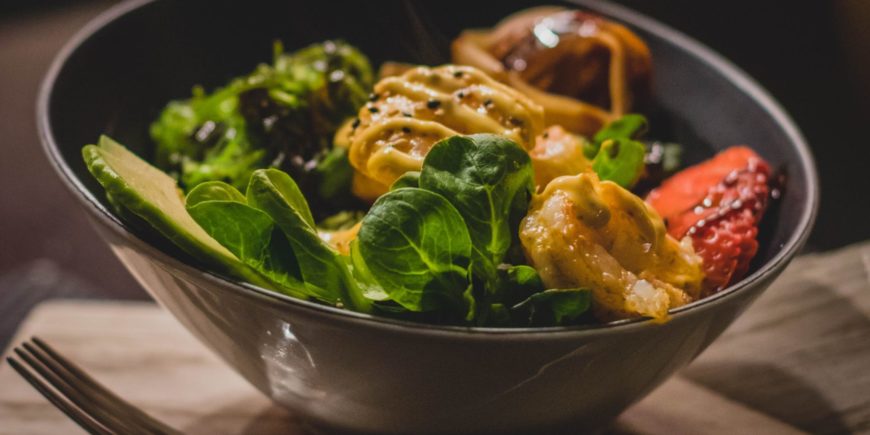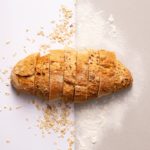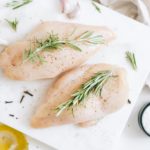Eating the right foods before and after exercising can help optimize performance, aid in recovery, and prevent electrolyte imbalances. Here are some examples of foods to consume before and after exercise and their benefits:
Before Exercise:
- Complex carbohydrates: Foods like whole grains, fruits, and vegetables provide a steady release of energy during exercise. They are rich in fiber and help maintain stable blood sugar levels. These are the right foods before and after exercising.
- Lean proteins: Foods such as chicken, fish, tofu, or Greek yogurt provide amino acids necessary for muscle repair and recovery. They also help sustain energy levels during exercise.
- Hydrating fruits: Opt for fruits like watermelon, oranges, or grapes, which contain high water content and natural sugars for quick energy. They also provide some electrolytes like potassium.
- Small amounts of healthy fats: Foods like nuts, nut butter, or avocado can be included in moderation to provide sustained energy and satiety.
After Exercise:
- Protein-rich foods: Consuming protein after exercise helps repair and rebuild muscles. Options include lean meats, eggs, dairy products, legumes, or plant-based protein sources like tofu or tempeh.
- Complex carbohydrates: Pairing protein with complex carbohydrates like whole grains, sweet potatoes, or quinoa helps replenish glycogen stores and aids in muscle recovery.
- Electrolyte-rich foods: Foods like bananas, coconut water, yogurt, or leafy greens can help replenish electrolytes lost through sweat and maintain proper hydration.
- Antioxidant-rich foods: Berries, dark leafy greens, and colorful vegetables contain antioxidants, which help reduce inflammation and promote recovery.
The right foods before and after exercising and caloric intake will depend on the individual’s goals and the intensity of their exercise. Before exercise, it’s important to consume enough calories to provide energy for the workout. After exercise, it’s beneficial to consume a combination of carbohydrates and protein to aid in muscle repair and replenish glycogen stores.
Electrolyte imbalances can occur during intense or prolonged exercise, especially in hot environments. Consuming foods rich in electrolytes, such as fruits, vegetables, yogurt, or coconut water, can help maintain electrolyte balance and prevent deficiencies.
Several foods are naturally high in electrolytes, which are essential for maintaining proper hydration and supporting various bodily functions. Here are some foods that are rich in electrolytes:
- Bananas: Bananas are a good source of potassium, an electrolyte that helps regulate fluid balance, nerve function, and muscle contractions.
- Coconut water: Coconut water is not only refreshing but also naturally rich in electrolytes, including potassium, sodium, calcium, and magnesium.
- Leafy greens: Dark leafy greens like spinach and kale contain various electrolytes such as potassium, magnesium, and calcium.
- Oranges: Oranges are not only hydrating but also provide electrolytes like potassium and calcium.
- Avocado: Avocados are a good source of potassium and magnesium, two essential electrolytes involved in muscle function and nerve signaling.
- Yogurt: Yogurt, especially Greek yogurt, contains calcium, potassium, and magnesium, making it a good choice for replenishing electrolytes.
- Tomatoes: Tomatoes are a natural source of electrolytes like potassium, magnesium, and calcium.
- Watermelon: Besides being hydrating, watermelon contains electrolytes like potassium and magnesium.
- Sweet potatoes: Sweet potatoes are rich in potassium and also provide other essential electrolytes like magnesium.
- Nuts and seeds: Almonds, cashews, and sesame seeds are examples of nuts and seeds that contain electrolytes such as potassium and magnesium.
Remember that the specific electrolyte content in these foods may vary, and it’s important to maintain a balanced diet overall. If you’re engaging in intense or prolonged exercise, especially in hot conditions, it may be beneficial to consider sports drinks or electrolyte supplements to ensure adequate electrolyte replenishment.
Remember to listen to your body’s hunger and fullness cues, stay hydrated, and choose foods that work best for your individual needs and preferences. Consulting with a registered dietitian can provide personalized guidance for optimal nutrition before and after exercise.
Alpha Expat can help you reach your fitness and nutrition goals with bespoke solutions. Reach out to us and get to ball rolling or click on the WhatsApp button in the lower right corner.



